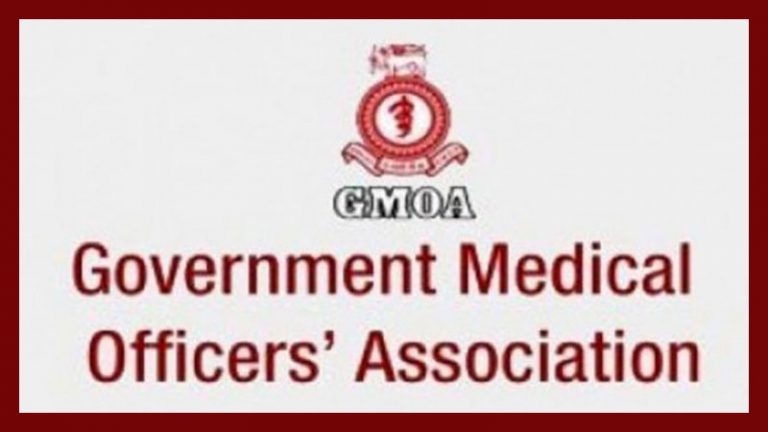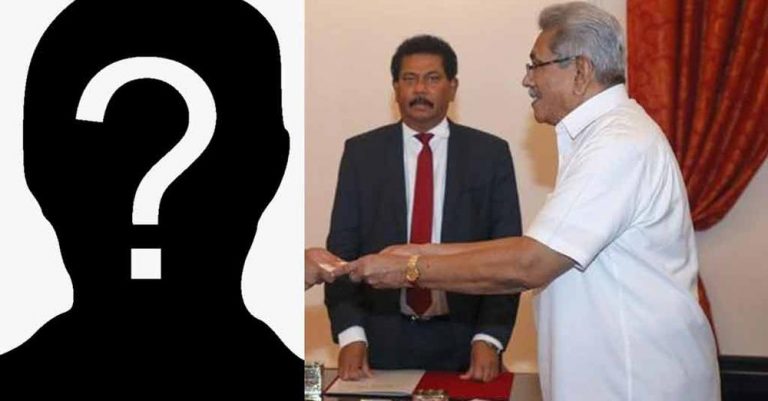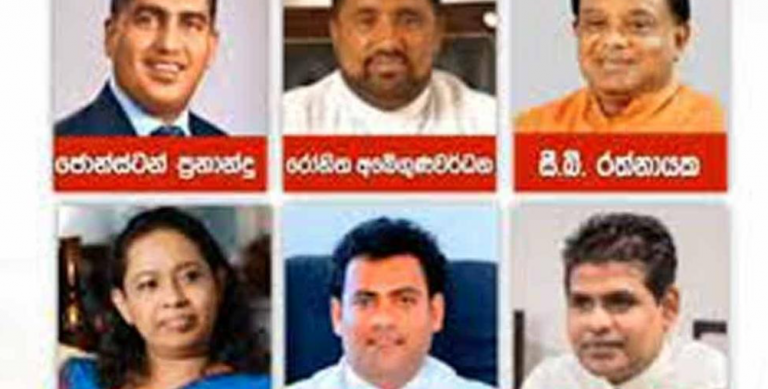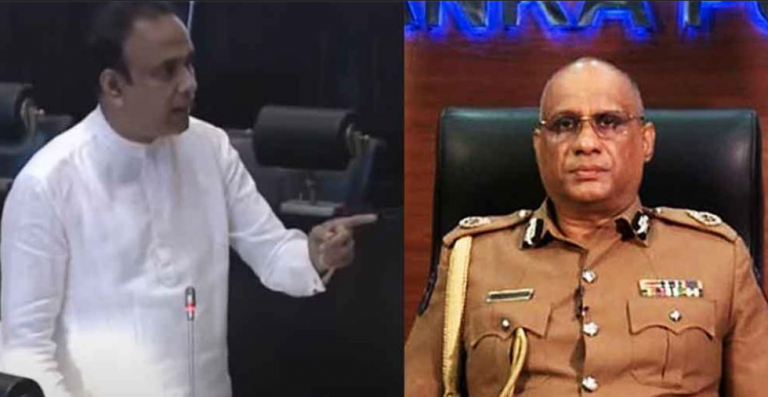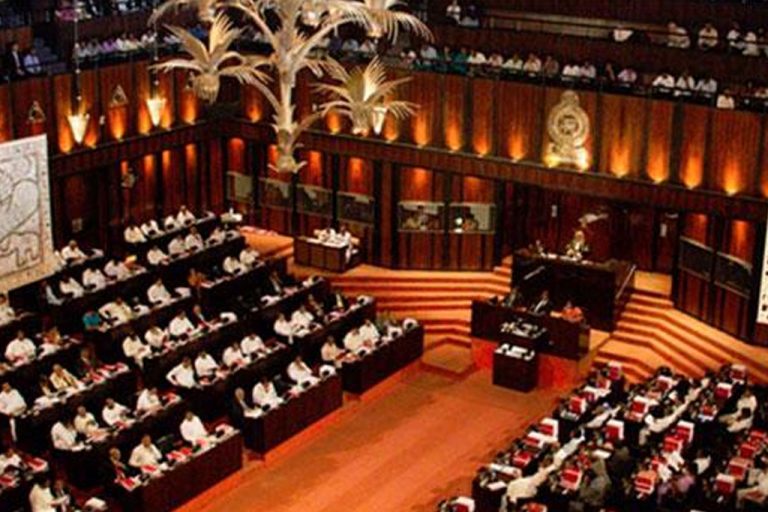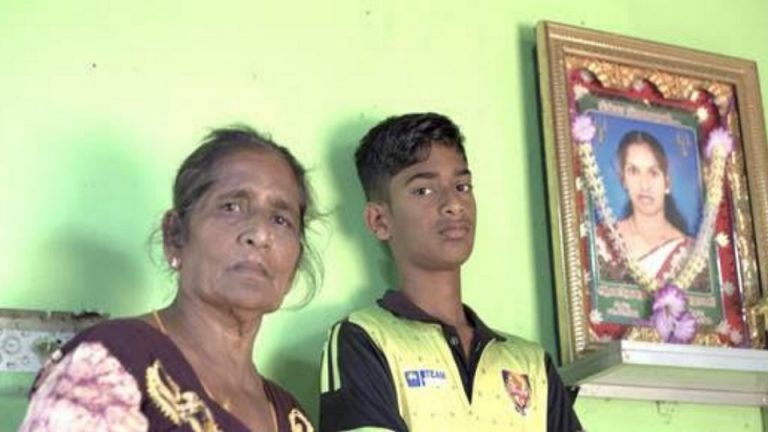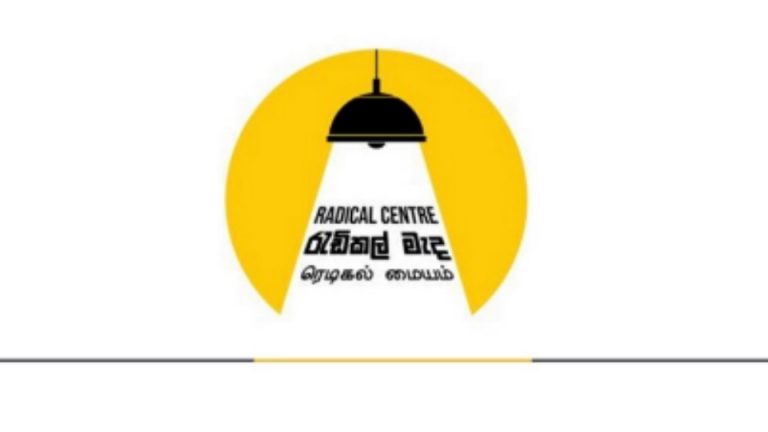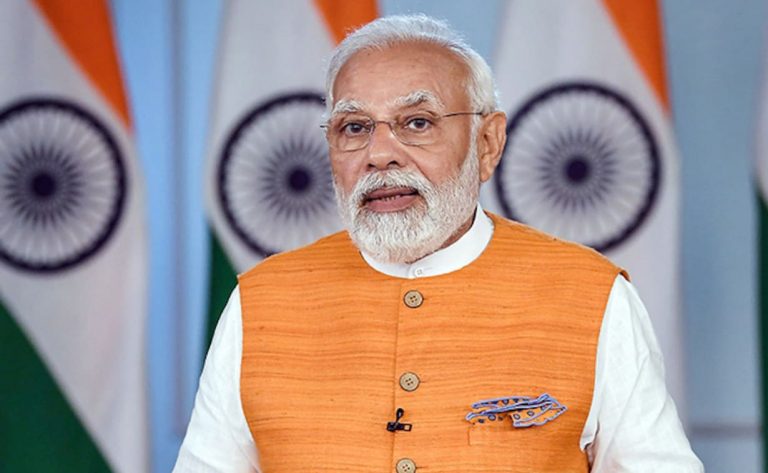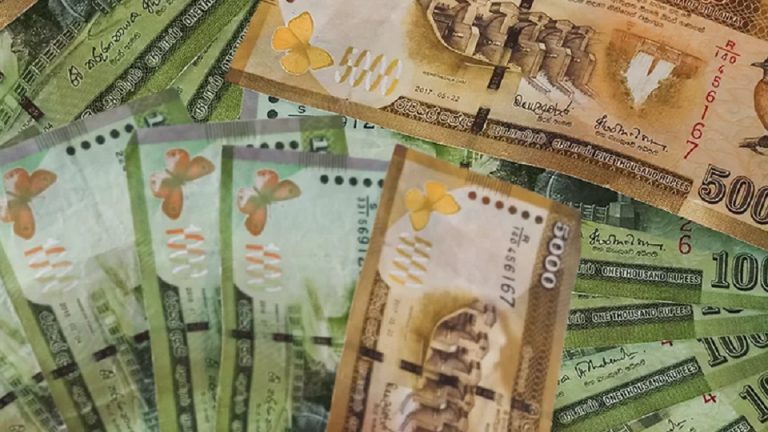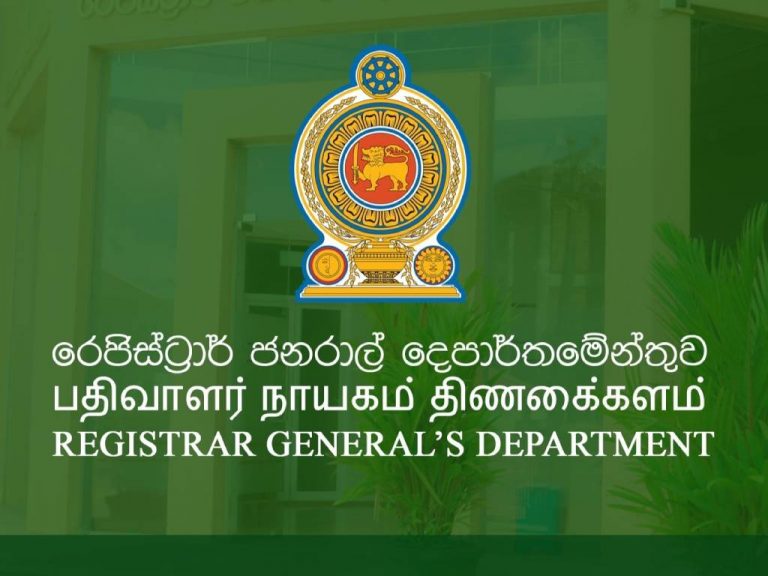Ambika Satkunanathan Groundviews 15 May 2022
May 18, 2009. The end of the war.
Of the many horrific visuals of the end of the war the one that is etched in my memory is of people crossing the Mullaivaikkal bridge. At the time it was not possible to watch it without crying. Even now, it is difficult to watch without feeling emotional, if not cry.
Why?
Violence, loss and pain: the open wounds of 2009 and long before
In the video you see people who have been battered, suffered violence of horrific proportions, subjected to unspeakable indignities and seen unimaginable horrors. But what makes you cry is not just that. What makes you cry is seeing people who have been broken by the violence and brutally robbed of their dignity.
The months that followed were similarly harrowing. The appalling conditions at the camps for internally displaced persons, the government refusing to allow people to leave the camps thereby making it a place of mass detention and collective punishment. The struggle faced by humanitarian agencies to obtain access to the camps. The arrests from the camps and allegations of many human rights violations. Even now, reading a Magistrate Court order dated April 27, 2009, which states, to date, 30 starvation deaths had taken place and on average five deaths took place daily makes one shudder. The order further states that on April 27, 2009 14 deaths of the elderly were registered at the Chettikulam welfare centre and on April 26, 2009 3 deaths registered at Kadirgamar Nagar.
The memories of those days are of constant struggles with the state, with and within the United Nations, with and within international non-governmental organisations (INGOs), with and within civil society organisations and between all these entities.
Those who were in government then are in government now. The Rajapaksas. Gotabaya Rajapaksa, the then Secretary, Ministry of Defence, who claimed credit and is hailed as the mastermind who ended the war, stands accused of grave violations of international humanitarian and human rights law. He is now president.
Imagine the fear and anxiety of the Tamil community when Gotabaya Rajapaksa was elected president in November 2019. Many in the South do not have to imagine the fear and anxiety anymore because more than two years after he was elected, people in the South like those in the North and East are experiencing the Rajapaksa brand of violence, albeit in different ways and of a lesser intensity. The result – the protests. The aragalaya (the struggle).
How do you solve a problem like the state?
The state response to the aragalaya, although not of the proportions as the response to the Tamil struggle, has been the close-to-standard state response to dissent. Its response has been violence and repression both by abusing the law and ignoring the law. The president abused the law by declaring a state of emergency and issuing emergency regulations that restrict many rights and bestow additional powers upon the military when such a declaration was not justified. The regime ignored the law by failing to prevent the attacks on the protestors and then has done nothing to hold the attackers accountable.
Many younger protestors may not be aware the Tamil struggle began decades ago before the Liberation Tigers of Tamil Eelam (LTTE) came into being and is continuing years after the LTTE was defeated militarily. Just as the pre-LTTE peaceful Tamil struggle was subject to state violence, the post-LTTE peaceful Tamil struggle was and is being subject to state violence.
The problem is hence the state. The Sinhala Buddhist nationalist state, which made cannon fodder of young rural Sinhala men, who flocked to the armed forces as they had no other livelihood options, for its ethno-nationalist majoritarian project.
Historically, the structural violence unleashed by the state which leads to counter violence, often in self defence, has been ignored. Violence is part of a continuum and to prevent violence in any form, the violent nature of the state has to be addressed. Yet we ignore the structural violence and address only the symptoms and expect change. We are then surprised when very little changes and the cycle of violence continues.
Unity: the natural outcome of respect and equality
During the last few weeks, I have been repeatedly asked, especially by international media, whether the “unity” that came into being as a result of the protests will withstand the resolution of the economic problems. The assumption being, there is unity now.
There is as yet no unity in the manner conceived by those asking the question. What do I mean? There is no common Sri Lankan identity around which all citizens coalesce because the Sri Lankan identity is often conceived, certainly conceived by the state and definitely the Rajapaksas, as one in which the diverse and plural nature of Sri Lanka is erased. An identity modelled largely on a Sinhala Buddhist identity.
There is no unity because issues that have affected certain parts of the population, such as plantation workers and the Tamil community, are not part of the demands of current protests. This is not surprising because the genesis of the protests lies in the economic crisis. There is only one common demand of the protests – that the president and his family should step down. There are two other demands around which there might be general consensus, i.e., the abolition of the executive presidency and addressing corruption.
At the same time, there is growing awareness and space to speak of issues previously thought not possible. Militarisation, war crimes, the Channel 4 documentary, racism. One hears people say, “if they are doing this in the South, imagine what they must have done in the North and East”. There are some who realise that the state is now using in the South strategies it used to perpetrate violence against the Tamils in the North and East for decades.
It is this realisation which must be grasped, since it is because successive governments were allowed to perpetrate violence, not only unquestioned but also cheered on by large sections of the Southern public, that the Rajapaksa regime is able to act with impunity now. It is this that can be the beginning of the acknowledgment of historical violence and heeding and addressing calls for truth, justice and equal citizenship. Perhaps this could be the initial steps towards a plural and diverse Sri Lanka where you do not have to divest your ethnic or religious identity to be Sri Lankan.
May 18: the test
On 18 May, Tamils will mark the end of the war and memorialise those killed during the war. The state response to memorialisation has consisted of different forms of violence. Even during Yahapalana there were initial attempts to curtail memorialisation activities. In response, the Human Rights Commission of Sri Lanka wrote to the president reiterating the right to memorialise and the importance of memorialisation to rebuild inter-community trust and deal with the past.
In May 2022, while Gotabaya Rajapaksa has brought armoured personnel carriers and the military to Colombo, there are indications that the military is stepping up its surveillance and intimidation in the North and East to prevent memorialisation activities. Regrouping of the LTTE is a narrative that has been often revived to curtail memorialisation on 18 May. Even those in Colombo are anxious about what could possibly happen in the North and East, the North in particular, with one friend expressing concern about people joining the commemoration activities with expressions of caution such as, “don’t go”, “be careful” and “if you are photographed there will be problems”. Even now, even in Colombo, there is fear for the safety of those who participate in these activities.
In this context, will those who are part of the aragalaya show solidarity with Tamils? How will they respond to the on-going violence of the state?
Demanding accountability for grave violations of humanitarian and human rights law is an act of countering the violence of the state.
Demanding demilitarisation is an act of countering the violence of the state.
Speaking of the violence the state has perpetrated on Tamils is an act of countering the violence of the state.
Showing solidarity is an act of countering the violence of the state.
Countering the violence of the state benefits us all. That is the lesson to be learnt.


